The Plot Against The King is a children’s book written by Kash Patel, about the “plot” against Donald Trump. This book is basically just the Rated G version of “The Plot Against The President.”
The book, however, has received mostly positive reviews, including one from Donald Trump himself, supposedly. An account named “DJ_T” wrote a review that read, “This is the most spectacular children’s book ever! This will be HUGE!! I know your family will enjoy it as much as mine did when King Donald was exonerated and Hillary Queenton Clinton was banished from the Kingdom once and for all! Congratulations Kash!!”
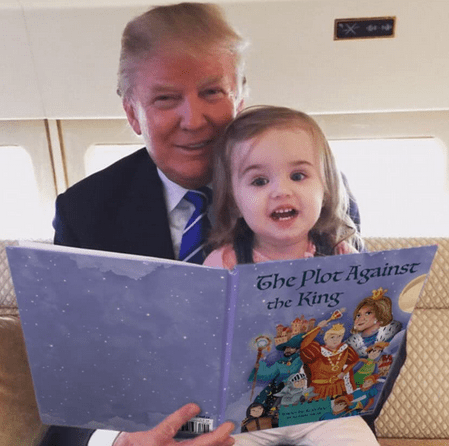
With the review, the account also posted a picture that led to increased credibility of it actually being the former President’s account.
If you’re still wondering, by the way, the book is about the Russia scandal that happened. The book hilariously depicts its characters in childish aspects and the different names they come up with for the real people in the book are “really creative” (foreshadowing). Hillary Clinton turns into Hillary Queenton, and Donald Trump becomes King Donald (which, let’s be honest, is how all republicans see him). There are also a lot of other characters in the book.
How to download The Plot Against the King Book by Kash Patel online
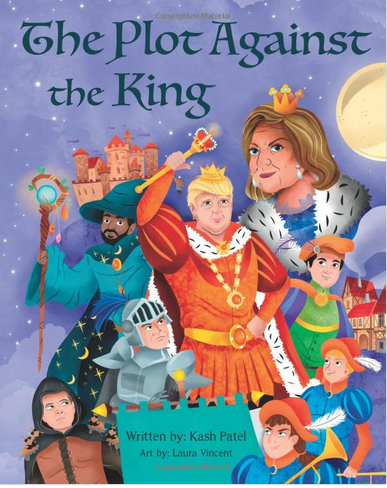
The book is currently only available in a physical copy, which you can purchase from Amazon and other bookstores. Anyone telling you that you can download the book online is probably scamming you or the copy you’re downloading is pirated.
More about the Special Counsel Investigation (AKA, Russia investigation)
The Special Counsel inquiry looked at Russian meddling in the 2016 presidential election, ties between Trump associates and Russian officials, and possible obstruction of justice by Trump and his allies. Special prosecutor Robert Mueller led the investigation from May 2017 until March 2019. It was also known as the Russia inquiry, the Mueller investigation, and the Mueller probe. The Mueller investigation came to a conclusion in the Mueller report, which stated that while the Trump campaign welcomed Russian involvement and planned to benefit from it, there was insufficient evidence to charge Trump or his allies with conspiracy. The investigation could not make a decision on whether Trump obstructed justice, citing a Justice Department policy prohibiting federal indictment of a sitting president.
Charges were filed against 34 people and three corporations as a consequence of the investigation, which resulted in eight guilty pleas and a trial conviction.
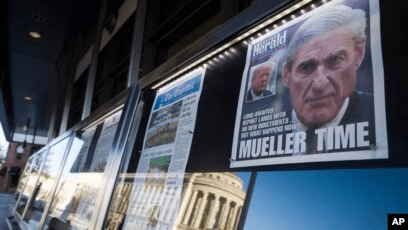
Deputy Attorney General Rod Rosenstein initiated the Mueller probe. Due to a paucity of Senate-confirmed U.S. attorneys, former FBI director Mueller was nominated to oversee it. The decision to appoint a Special Counsel was influenced by James Comey’s firing. The Mueller probe took over the FBI’s inquiry, dubbed Crossfire Hurricane by the bureau.
The investigation’s scope includes claims of “links and/or cooperation” between the Russian government and persons involved with the Trump campaign, according to the investigation’s authorization paper. “Any concerns that happened or may arise immediately from the inquiry,” Mueller was also ordered to explore. A criminal investigation into possible conspiracy and obstruction of justice charges against President Trump and individuals of his campaign or administration was part of the inquiry.
On March 22, 2019, the inquiry was declared complete.
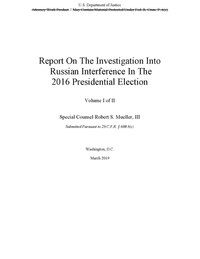
The investigation determined that Russian intelligence hacked and disseminated embarrassing data from the Clinton campaign and several Democratic Party groups and that the Russian Internet Research Agency’s social media campaign promoted Trump’s presidential run while criticizing Clinton’s. The inquiry found “many linkages between the Russian government and the Trump campaign,” as well as evidence that the Trump campaign “intended to profit electorally” from Russian hacking.
“The investigation did not show that individuals of the Trump campaign collaborated or coordinated with the Russian government in its election interference efforts,” the probe concluded. Mueller subsequently stated that the result of the investigation into Russian meddling “deserves the attention of every American.”
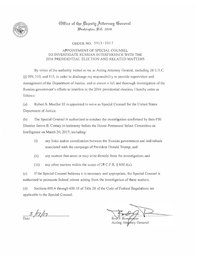
In terms of any obstruction of justice by President Trump, the inquiry “does not infer that the President committed a crime,” according to an Office of Legal Counsel opinion, since investigators would not indict a sitting president. The investigation, on the other hand, “does not exonerate” Trump, finding both public and private activities “by the President capable of exerting undue influence over law enforcement investigations.”
The president was accused of obstructing the investigation in 10 instances. According to the report, Congress has the ability to determine if Trump obstructed justice and to take action against him. On March 24, 2019, Attorney General William Barr and Deputy Attorney General Rod Rosenstein, who had ordered the Mueller investigation, agreed that the evidence was inadequate to find Trump guilty of obstruction of justice.
“The Constitution demands a method other than the criminal justice system to publicly accuse a sitting president of misconduct,” Mueller remarked upon his resignation on May 29, 2019. Mueller stated to Congress in July 2019 that when a president leaves office, he might be prosecuted for obstruction of justice (or other crimes).
First claims of Russian Interference
Senator Dianne Feinstein and House member Adam Schiff, the leading Democrats on the Senate and House Intelligence Committees, respectively, issued the first public US official accusation of Russian efforts to influence the 2016 election on September 22, 2016. After fifteen days, the US Intelligence Community issued a similar declaration.
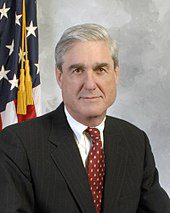
In January 2017, the Office of the Director of National Intelligence, then led by Obama appointee James Clapper, released an assessment asserting that Russian leadership had favoured presidential candidate Donald Trump over rival Hillary Clinton, as well as that Russian President Vladimir Putin, had personally ordered an “influence campaign” to harm Clinton’s electoral chances and “undermine public faith in the US democratic process.”
Was there coordination between the Trump Administration and Russia?
Because “collusion” “is not a specific offense or theory of liability found in the United States Code, nor is it a term of art in federal criminal law,” investigators “applied the framework of conspiracy law,” rather than the concept of “collusion,” to determine whether members of the Trump campaign committed a crime in relation to Russian interference. They also looked at whether members of Trump’s team “coordinated” with Russia, defining “coordination” as “a tacit or explicit agreement between the Trump campaign and the Russian government on election meddling.” Investigators went on to say that simply having “two parties executing acts informed by or responsive to the other’s actions or interests” was insufficient to prove coordination.
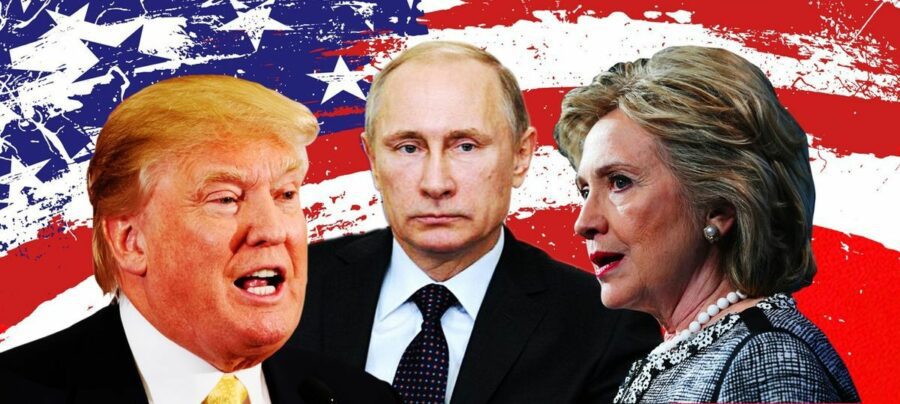
The investigation “found numerous links between the Russian government and the Trump campaign,” according to the report, which also found that Russia “perceived it would benefit from a Trump presidency” and that the 2016 Trump presidential campaign “expected it would benefit electorally” from Russian hacking efforts. “The investigation did not show that individuals of the Trump campaign collaborated or coordinated with the Russian government in its election interference efforts,” the probe concluded. Due to encrypted, deleted, or unsaved communications, as well as misleading, partial, or denied testimony, the evidence was not always comprehensive.





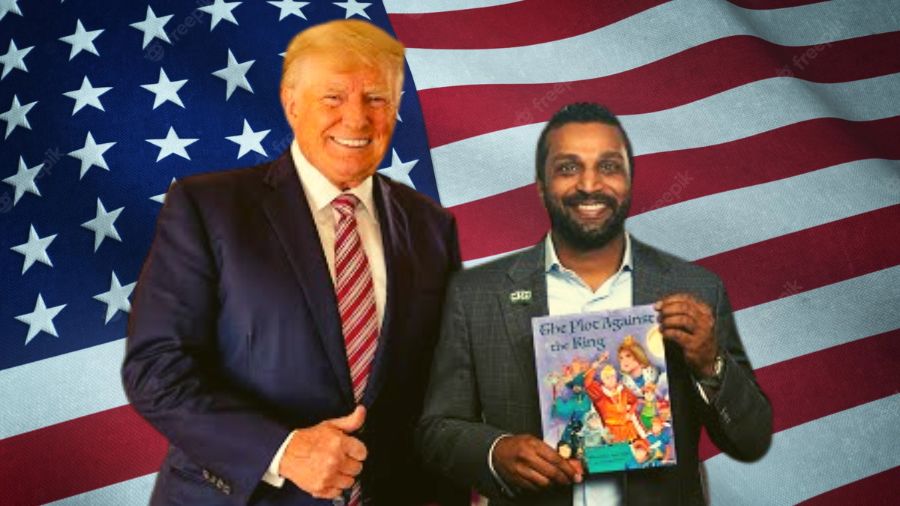

Add Comment